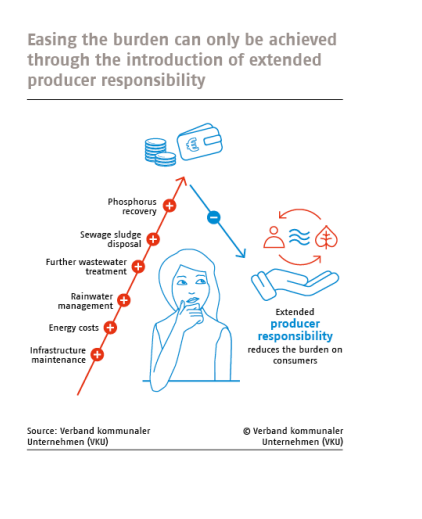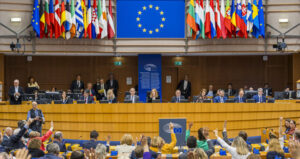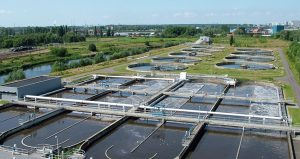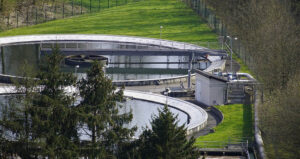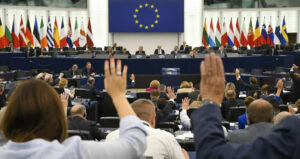New UWWTD under fire over Extended Producer Responsibility

-
 Fergal MacErlean
Fergal MacErlean
Share article:
Criticisms of Extended Producer Responsibility (EPR) of the otherwise well received draft proposal for a new Urban Waste Water Treatment Directive (UWWTD) of the European Parliament concerning urban wastewater treatment by rapporteur Nils Torvalds have been made from all stakeholders. Torvalds wants society to pay for pollution. Public water companies don’t agree with this amendment and producers want to share the pollution costs.
Cefic, the European Chemical Industry Council, has added its name to municipal waste water companies and other sectors which object to the details of the late March draft report. Cefic, which represents large, medium and small chemical companies across Europe that account for 15% of world chemicals production, made its concerns clear over the application of proposed new rules in ‘the first attempt to apply EPR to water pollution in general’ in a position paper released in April.
Share the pollution costs
To incorporate an EPR scheme for water pollution in general into the European Water Management legislative framework Cefic makes the point that ‘everyone, from producers to consumers and recyclers’ should ‘pay a fair share of the cost of pollution’. In contrast, Torvalds had argued, in relation to micro-pollutants from pharmaceuticals and PCPs, that society should pay as these products ‘have a societal added value’.
Stakeholder consultation
Cefic pleas for ‘further consultation with all stakeholders to ensure that the scheme can effectively tackle pollutants that cause concerns while remaining feasible to implement and enforce’. In a clear, detailed, proposal for design principles of an EPR scheme for water pollution it advocated an actionable list of substances for the pollutants found in the Urban Wastewater Treatment Directive similar to the existing lists in Groundwater and Environmental Quality Standards Directives Annexes I.
Too many substances
Cefic also warned of overwhelming the EPR scheme with thousands of defined ´micro-pollutants´. “The current Commission proposal for UWWTD the proposed definition of micro-pollutant is not fit for purpose and not actionable since it embraces thousands of substances. According to the proposal, ‘micro-pollutant’ means a substance, including its breakdown products, that is usually present in the environment, and urban wastewaters in concentrations below milligrams per litre and which can be considered hazardous to human health or the environment based on … [many] … criteria. According to this proposed definition any substance classified for human health or environmental safety, regardless of the type of hazard or the toxicity/severity, would be considered in scope. It could potentially concern many thousands of substances.”
Supervision needed
Cefic also said that an EU Producer Responsibility Organisation (EU-PRO) should be established, similar to the one in charge of the waste management. “The purpose of this organisation would be to define the mandate and role of the local, national and regional EPR organisations and ensure the supervision and harmonised implementation of the EU methodology. Taking into account that waterways flow across borders, the collaboration across regional PROs is crucial.”
Extended Producer Responsibility necessary
Associations of the German, Austrian, French, Polish, and Swedish local public waste water treatment sector have also spoken out against the proposed changes to the EPR extended producer responsibility. In a joint paper they said: ‘Environmental impacts and pollution must no longer remain free of charge for producers. It is time that (financial) responsibility is no longer shifted to citizens alone’. The paper added that the European Commission’s proposal for an extended producer responsibility ‘is a milestone in European water policy’.

